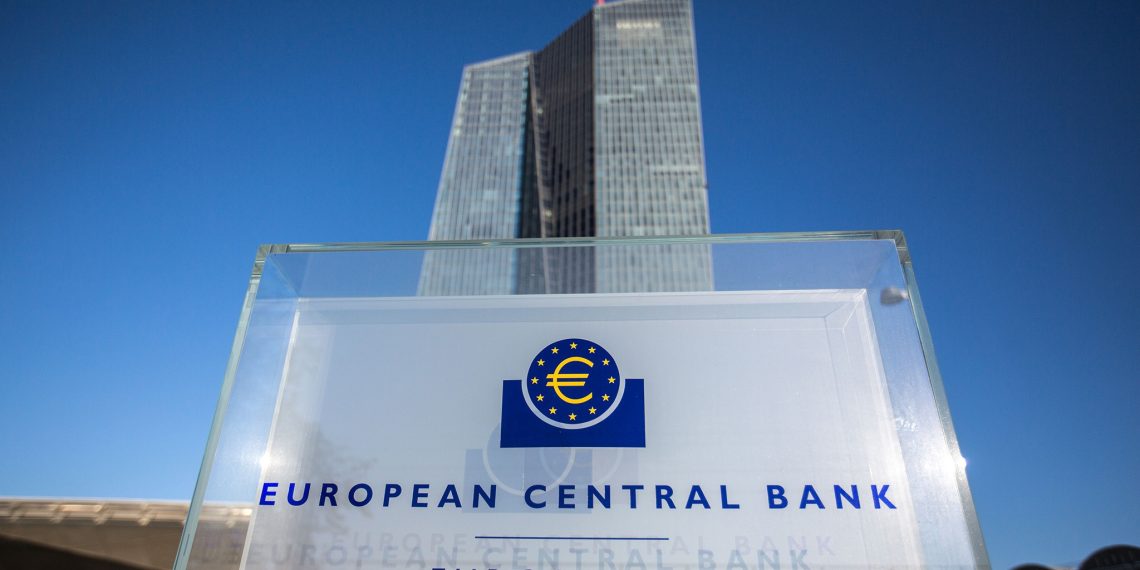As a result of the European Central Bank (ECB) president’s requests for more regulation of crypto staking and lending and the finalisation of the Regulation on Markets in Crypto-Assets (MiCA) rules, the regulator is likely to issue a warning.
Financial Times’ Laura Noonan reported on July 4 that the ECB planned to issue a warning to eurozone nations this week about the perils of national regulators possibly jumping ahead of the MiCA legislation that won’t come into full effect until 2024.
The ECB warns the eurozone over crypto law alignment. Image: Shutterstock
In reality, the MiCA regulations will become law in 2023, and their full implementation is scheduled for the next 18 months. According to reports, their primary responsibility is safeguarding investors’ and consumers’ interests in the crypto market and its essential assets, such as Bitcoin (BTC), which has been experiencing significant losses.
The warning will be delivered at a meeting of the ECB’s supervisory board on July 5 and will ask for the harmonisation of various laws before ratifying the EU-wide accord.
Difficulties in the long term
A national regulator in one eurozone country said that the federal regulators are in a challenging position:
“It’s incredibly difficult. (…) With MiCA still 18 months away, is it better to say, “Until it’s in, do anything you want, there’s no regulation” or to attempt to get control?”
According to a story by the Financial Times, another national regulator said that national authorities would “need to come up with solutions” as industry pressure increases.
Other banks have requested clarification on the activities they may safely engage in. Some crypto businesses have advocated for a softer approach, and others have advocated for the industry’s legitimacy to be enhanced by regulation.
A positive sign?
Notably, Richard Gardner, CEO of the crypto exchange solution provider Modulus, remarked on the forthcoming warning, stating:
“It makes sense that the ECB would want to prevent a collection of national laws on cryptocurrencies. For one thing, it could lead to operators shopping for favorable jurisdictions. Beyond that, it will create confusion for multinational operators, and it could create an uneven playing field within the EU.”
Finextra stated on July 4 that he believed MiCA coming this far was a good indication and that financial institutions needed to grasp what they can do and how they can participate securely and lawfully.
Notably, towards the end of June, Christine Lagarde, the head of the ECB, was the first person to seek more robust monitoring of the activities of staking and lending in decentralised finance (DeFi), which she said were undoubtedly increasing.












